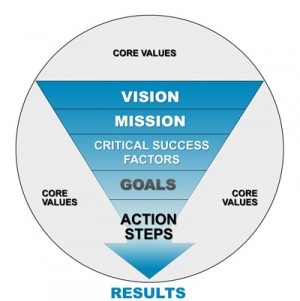Digital inclusion, volunteering and cost-effective technology
February 28, 2013 9 Comments
Our WEA colleagues Steve Stocks and Andria Birch (@infostocksy and @andiabirch) were tweeting yesterday from an event that celebrated “Innovation, Transnationality and Mainstreaming” projects that had been supported by the European Social Fund. Steve was showcasing how people who have been involved in a Digital Activists’ Inclusion Network (DAIN) project are using Raspberry Pi technology for cost-effective digital inclusion.
DAIN is an exciting volunteer project working across the East Midlands. The project has promoted digital inclusion by encouraging people to use technology with the help of volunteers (Digital Activists). DAIN won a NIACE Adult Learners’ Week Award in 2012 and used the associated funding to develop online learning materials for more digital activists to use. They also used the prize money to pay for Raspberry Pi computers for 12 DAIN students who enrolled and completed 9 hours of course content to support their further Pi learning.
The Raspberry Pi is a credit-card sized computer that plugs into a TV and a keyboard. People can use it for many of the things that a desktop PC does, such as spreadsheets, word-processing and games. It also plays high-definition video and is used in education to encourage computer programming.
Andria , the DAIN project manager, paid tribute to Steve for, “applying huge IT experience and giving back to the local community through DAIN volunteering.” Steve has gone on to become a WEA tutor and started teaching a Raspberry Pi course which started in Nottingham this month. The course had its own twitter hashtag. Other Digital activists have also progressed into more formal teaching, including several who have gone on to work for the WEA.
The first phase of ESF funding is now finished but it’s clear that the work has only just begun. Digital activists in Northamptonshire and Chesterfield have set up new WEA groups for student and volunteers. Nottingham Digital Activists are developing 3 new organisations to support digital inclusion and colleagues are now working on a 5-year digital inclusion strategy and aiming to expand the work and aims of DAIN across the WEA so that more people can cross the digital divide together.
The DAIN project’s web archive is at: http://www.dainproject.org/








Recent Comments